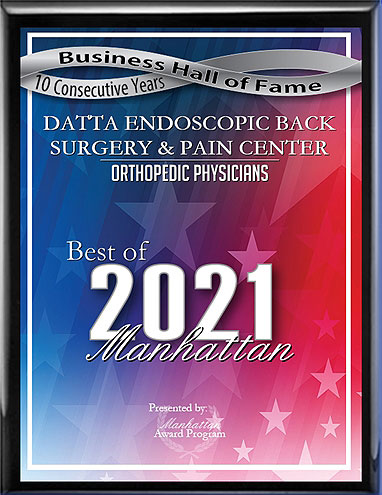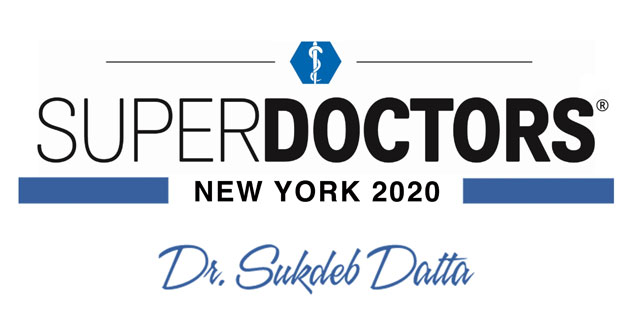Herniated discs are a relatively common spine condition that occur when a disc ruptures in one or more places, allowing the disc to press against the nerve roots or the spinal cord. The symptoms range from quite mild to excruciating depending on the severity of the condition. The most common place to experience a herniated disc is in the lower back, but they can also occur in the neck or the upper back, where symptoms may be relatively more severe.
Many people who have this condition don't ever need herniated disc surgery. By reducing inflammation and reducing the amount of weight that the discs bear, the majority of cases can be resolved. Methods to reach these goals include medication, physical therapy, and chiropractic treatment.
Surgery
If conservative treatments don't work, or in rare cases where the herniation is very severe, then surgery may be the best course of treatment. While back surgery or any kind used to be a major procedure that involved a long recovery time, minimally invasive spine surgery has made surgical treatment for herniated discs a viable option for more patients.
Most herniated discs can be treated using laser spine surgery. During this procedure:
Many people who have this condition don't ever need herniated disc surgery. By reducing inflammation and reducing the amount of weight that the discs bear, the majority of cases can be resolved. Methods to reach these goals include medication, physical therapy, and chiropractic treatment.
Surgery
If conservative treatments don't work, or in rare cases where the herniation is very severe, then surgery may be the best course of treatment. While back surgery or any kind used to be a major procedure that involved a long recovery time, minimally invasive spine surgery has made surgical treatment for herniated discs a viable option for more patients.
Most herniated discs can be treated using laser spine surgery. During this procedure:
- You will be placed under local anesthesia in an outpatient office
- The doctor will insert an endoscopic camera into your spine, allowing them to see the affected disc
- The doctor will insert a probe through another incision
- The probe will apply laser energy to the disc
- A small amount of disc material is dissolved, allowing the disc to reabsorb the herniation
- Symptoms are relieved, and you should return home pain-free
The herniated disc surgery itself takes under an hour, and patients can usually return home in about a week. Compared to open spine surgery, there is a reduced risk of infection and bleeding in addition to the much shorter recovery time.
To learn more about what treatment is right for your herniated disc, please click below or call the Datta Endoscopic Back Surgery and Pain Center at (646) 374-1799.






 EDISCSCULPT
EDISCSCULPT



